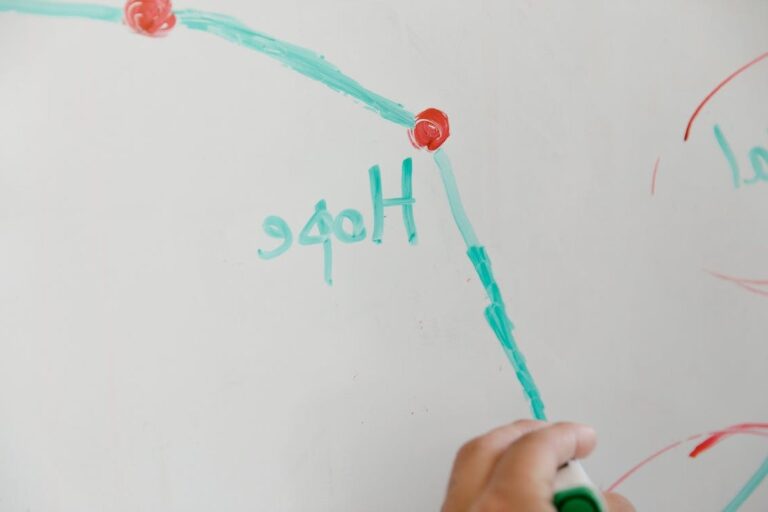As you grapple with your own recovery, it’s important to be aware of emerging trends in addiction, one of which is video gaming. Once considered mere entertainment, video games have evolved into something that some researchers are labeling as the “new frontier” of addiction.
Fact: According to Austen Riggs Center, video game addiction has now been officially recognized by the World Health Organization as “Gaming Disorder,” placing it alongside other addictive behaviors.
Why does this matter to you? While you’re in the process of reclaiming a sober life, the world around you is evolving, and so are the avenues for potential addiction. Being aware of these changes can prepare you to better deal with the complexities of modern life.
The Brain-Changing Power of Video Games
Video games are not just child’s play; they have a direct impact on your brain’s structure and function. Studies published in “Frontiers in Human Neuroscience” have revealed that action video games improve brain plasticity and even affect regions responsible for spatial orientation and memory formation.
Fact: These very brain changes can become a double-edged sword. While they have potential benefits, they also pose risks. The brain adaptations encouraged by video gaming can make the activity incredibly addictive, similar to substance abuse.
You need to understand that the same brain-boosting benefits can serve as the foundation for an addiction. So, while video games could help in brain development, they also have the power to ensnare you in a cycle of addiction, derailing the progress you’re making toward a sober life.
Why South Africans Should Take Note
South Africa’s struggle with substance abuse is no secret, with a large section of the population grappling with alcohol, drugs, and other addictive substances. Recent research from the Medical Research Council stated that in the Western Cape alone, over 60% of trauma patients tested positive for alcohol, indicating a dire need for intervention.
Adding to this is the country’s challenge in offering adequate mental health services. With the rise of video game addiction, there is an immediate need to incorporate new prevention and treatment techniques into the current healthcare system. The situation becomes even more alarming when we realize that South Africa has a shortage of qualified professionals to deal with mental health disorders.
Fact: According to the South African Depression and Anxiety Group (SADAG), while only one in 10 people with a mental health condition receive treatment, South Africa has a mere 1.2 psychiatrists and 0.28 psychologists per 100,000 people. This deficit emphasizes how pivotal it is to raise awareness not just about traditional addictions but about emerging ones like video gaming.
For you and your community, understanding the implications of video game addiction is essential. Just as one might set boundaries with alcohol or drugs, it’s crucial to do the same with gaming. And if you or someone you know is already seeking help for an addiction, it’s beneficial to be aware of these new addictive frontiers, discussing them openly in therapy sessions and group meetings.
A New Reality Requires New Strategies
As the world evolves, so do our challenges. The digital age has given rise to novel forms of addictions, with video games being a prime example. Though it may seem harmless, the compulsive need to game can negatively impact your life, akin to how alcohol or drugs might.
Research Insight: A study published in the American Journal of Psychiatry found that up to 1% of the general population might qualify for a potential diagnosis of internet gaming disorder. These numbers are only expected to rise, emphasizing the urgency of formulating intervention strategies.
But with new challenges come new solutions. Just as one would seek rehabilitation for substance abuse, there’s a need for specialized programs addressing video game addiction. For you, this means actively seeking balance. Set time limits, ensure you take breaks, and engage in physical activity.
Moreover, it’s paramount to keep open communication channels. Whether it’s with healthcare providers, family, or friends, dialogue about potential risks and coping mechanisms is essential.
And as you navigate these new challenges, always remember that while the path might seem daunting, with the right tools and mindset, overcoming obstacles becomes an achievable reality. To quote Nelson Mandela, “It always seems impossible until it’s done.” Stay informed, prepared, and most importantly, believe in your capacity to adapt and thrive.








